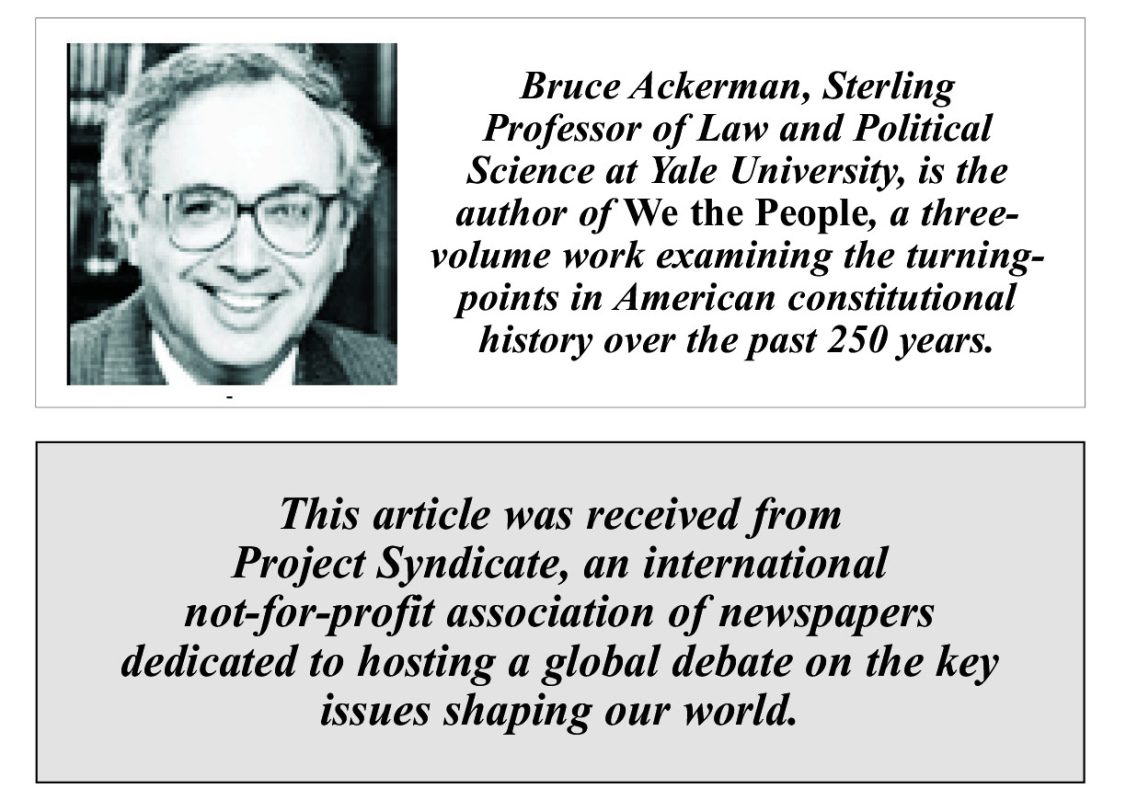By Bruce Ackerman NEW HAVEN – Both Chief Justice John Roberts and Justice Sonia Sotomayor of the United States Supreme Court have just announced grand opinions trying to resolve the fundamental constitutional issues raised by former President Donald Trump’s claim to absolute immunity from criminal prosecution for his actions while in office. So far as the Roberts majority is concerned, the Constitution grants presidents a “presumptive immunity” for actions involving their “official conduct.” If the Justice Department is to proceed with its prosecution of Trump for his efforts to overturn the November 2020 election, it must now overcome this presumption – even where Trump’s role in the January 6, 2021, storming of the US Capitol is concerned.
In order to do so, prosecutors must follow an extraordinary procedure under which they must ultimately convince the Supreme Court that their evidence is so compelling that a jury trial might be appropriate. According to Sotomayor, who wrote for the three dissenting justices, Roberts’ sweeping grant of immunity has “no firm grounding in constitutional text, history, or precedent.” Sotomayor’s 10,000-word dissent tries to establish that all three – text, history, and precedent – “point in the opposite direction.

No matter how you look at it, the majority’s official-acts immunity is utterly indefensible.” For what it’s worth, I think that Sotomayor is right and Roberts is wrong. Indeed, I have written an e.
















